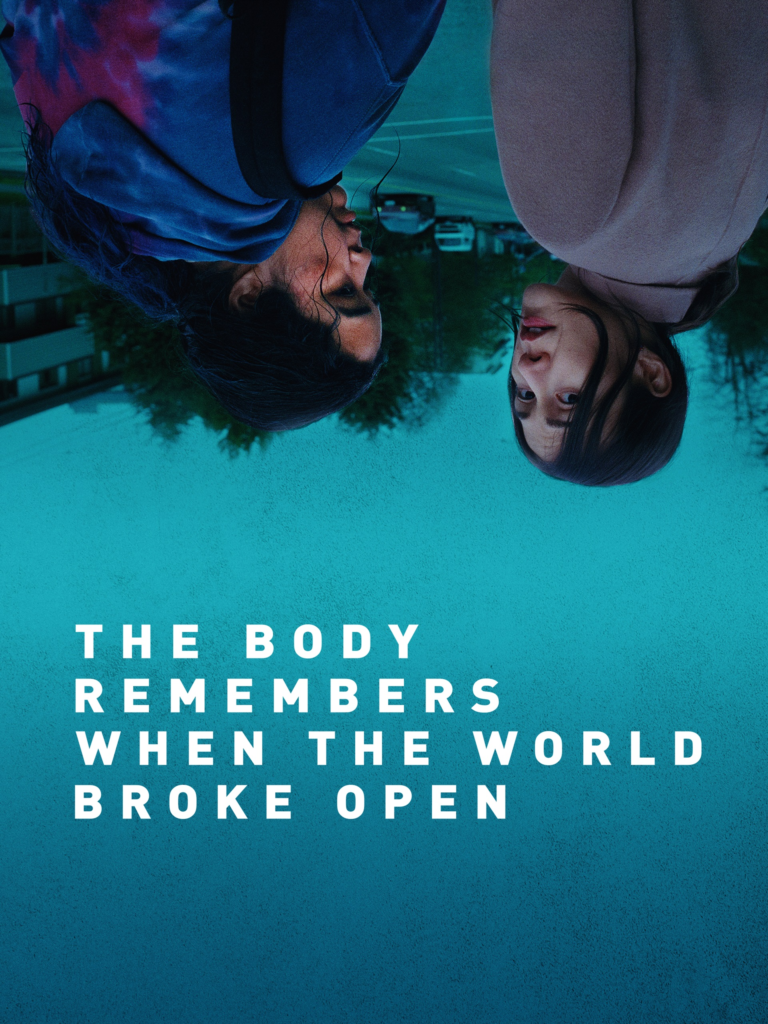The Bibi Files Christian Review

Documentaries that tackle controversial political figures tend to walk a tightrope. How do you balance honesty and critique without tipping into sensationalism? How do you challenge leadership without losing sight of the humanity beneath the headline? The Bibi Files steps into this precarious territory and dares to unpack the long and thorny legacy of Benjamin Netanyahu. What emerges is a film that feels weighty, insightful, and—depending on your perspective—either profoundly necessary or deeply polarizing.
Unmasking Power: The Man, The Myth, The Machinery
Benjamin Netanyahu is not just a leader; he’s a symbol. To some, he’s the bastion of Israeli resilience, standing firm in a region fraught with conflict. To others, he’s the architect of division, wielding power with a mix of entitlement and paranoia that feels alarmingly familiar to Americans who’ve lived through the Trump era. The film makes no bones about drawing this parallel, and it’s hard to miss the similarities in their respective rises: the rhetoric, the polarization, the unrelenting drive to hold onto power at all costs.
What sets The Bibi Files apart isn’t the revelation of new information—most of what’s presented is already part of the public discourse—but the way it strings together testimony, video evidence, and historical context to create a vivid mosaic. The power of the film lies in this accumulation, the steady drip-drip-drip of evidence that forms a damning portrait of Netanyahu’s political maneuvers. You feel the weight of it building, like watching a storm gather on the horizon.
A Biblical Lens: Leadership and Accountability
From a Christian standpoint, leadership carries heavy moral weight. The Bible doesn’t shy away from critiquing rulers who stray from righteousness. Consider King Saul, whose paranoia and self-interest led to his downfall, or even David, who, despite his virtues, stumbled into grave errors of judgment. Leadership isn’t about perfection, but the Bible consistently calls for humility, justice, and a servant’s heart. As Jesus put it: “Whoever wants to become great among you must be your servant” (Matthew 20:26).
Netanyahu, as portrayed in this documentary, appears to have taken a different path. The film doesn’t just critique his policies; it digs into the culture of entitlement that seems to envelop the Netanyahu family. From preferential treatment to an unwillingness to confront personal flaws, the narrative paints a picture of a leader who has placed self-preservation above the greater good. For Christians, this raises uncomfortable questions: What happens when a leader drifts so far from the principles of servanthood and accountability? How should we respond—as voters, as citizens, as people of faith?
Truth Versus Polemic: Walking the Fine Line
One of the film’s most striking qualities is its restraint. It would have been easy—tempting even—to make The Bibi Files into a blistering takedown, a cinematic mic drop designed to inflame rather than inform. But that’s not what this documentary does. Instead, it takes a measured, methodical approach, laying out its case with care. There’s no hyperbole here, no grandiose claims. Just facts, testimonies, and a quiet conviction that truth, when presented clearly, can stand on its own.
This is both the film’s strength and its limitation. For those unfamiliar with Netanyahu’s legacy, the thoroughness is illuminating. But for viewers already steeped in Israeli politics, the lack of fresh revelations might feel underwhelming. It’s like reading a well-written report on a story you’ve already heard—a confirmation, not a revelation.
Entitlement, Paranoia, and the Human Condition
The most compelling moments in The Bibi Files aren’t about politics per se but about the human dynamics behind them. Entitlement and paranoia, as the film suggests, are not just Netanyahu’s traits; they’re universal pitfalls. Who among us hasn’t felt the tug of self-importance or the sting of suspicion? In this way, the documentary transcends its subject, becoming less about Netanyahu and more about the dangers of unchecked power.
This is where the parallels to Trump become particularly resonant. Both men, the film implies, have cultivated a sense of invincibility, a belief that rules and norms exist for others, not for them. It’s a sobering reminder of how power can distort not just systems but souls.
The Christian Response: Prayers, Questions, and Action
For American Christians, The Bibi Files offers more than just a glimpse into Israeli politics; it’s an invitation to wrestle with difficult questions. How do we reconcile our call to pray for leaders (1 Timothy 2:1-2) with the need to hold them accountable? What does it mean to seek justice in a world where political systems often feel irredeemably flawed?
The film doesn’t provide easy answers, nor should it. Instead, it nudges viewers toward reflection, challenging us to think deeply about the kind of leaders we support and the values we prioritize. It’s not about picking sides but about grappling with the messy, complicated reality of governance in a broken world.
The Artistic Choice: A Slow Burn
Visually and structurally, The Bibi Files is a slow burn. The pacing is deliberate, almost to a fault. At times, you might find yourself wishing for a bit more urgency, a sharper narrative hook to keep you engaged. But perhaps that’s the point. By refusing to cater to short attention spans or sensationalist tendencies, the film forces you to sit with its subject, to absorb the weight of what’s being said.
This approach won’t work for everyone. Some viewers might find it plodding or overly detailed. But for those willing to engage, the payoff is a richer, more nuanced understanding of not just Netanyahu but the systems that enable leaders like him to thrive.
Final Thoughts: Why It Matters
At its core, The Bibi Files is about more than Benjamin Netanyahu. It’s about the nature of power and the human propensity to cling to it, even at great cost. It’s about the stories we tell ourselves about leadership—stories that can uplift or destroy. And it’s about the role of truth in a world where lies often seem to carry the day.
As Christians, we are called to be both wise as serpents and innocent as doves (Matthew 10:16). This means engaging with films like The Bibi Files not just as passive viewers but as active participants in the ongoing conversation about justice, leadership, and morality. It means asking hard questions, seeking truth, and, above all, remembering that even the most powerful figures are ultimately accountable to a higher authority.
Rating: 7.5/10
While the film’s meticulous approach and moral weight are commendable, its lack of new revelations and slow pacing may not resonate with all viewers. Still, it’s a valuable watch for those willing to engage deeply with its themes.






